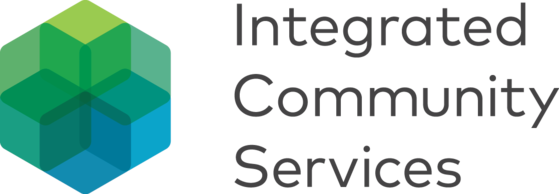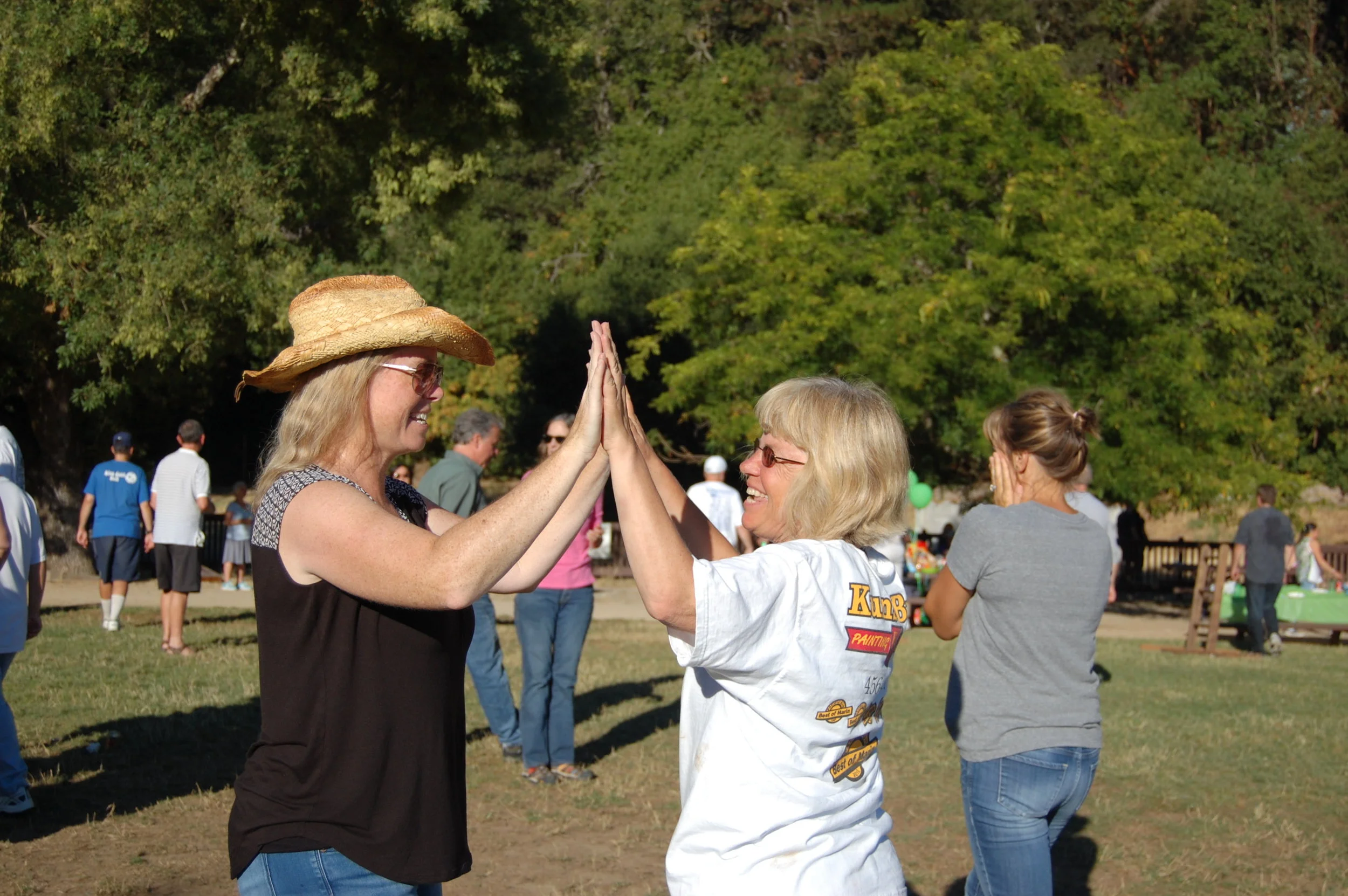On the first and third Tuesday of each month we hold an all hands staff meeting at ICS. We use this time to discuss how we can best serve our clients and how we can be ambassadors for disability awareness in our community.
Recently, our staff held a meeting to discuss Ableism- a term that not everyone is familiar with, but that plays a large role in disability advocacy.
Ableism: A form of discrimination or prejudice against individuals with disabilities that is characterized by the belief that these individuals need to be fixed or cannot function as full members of society. As a result of these assumptions, individuals with disabilities are commonly viewed as being abnormal rather than as members of a distinct minority community. Because disability status has been viewed as a defect rather than a dimension of difference, disability has not been widely recognized as a multicultural concern by the general public.
We can fight Ableism by being an Ally, or someone who actively supports the disability community, whether or not they identify as having a disability.
You can be an Ally by...
- Understanding the definition of Ableism.
- Understanding that there are many types of disabilities, apparent and non-apparent, and never assuming someone is disabled or non-disabled.
- Understanding that someone's disability is one part of who they are.
- Supporting disability rights on political, cultural and social levels.
- Actively speaking out and/or supporting people with disabilities who have been discriminated against.
- Believing self-education is a necessary part of being an ally, and not waiting for disabled people to educate you.
- Understanding that questions can be asked, but with respect.
- Acknowledging the under representation of people with disabilities in the media.
- Understanding that it is the quality, not quantity of relationships with disabled people that help an ally become better educated and informed.
- Understanding that experiences or relationships with disabled people DO NOT define the experiences of the rest of people with disabilities, or that you, as an ally, understand how "they" feel.
- Noticing contexts of words like "retarded," "crazy," "cripple" and speaking up if done in a negative way.
- Speaking out against derogatory jokes.
- Giving accurate information when presented with myths about people with disabilities.
- Being open about your support and willing to discuss disability without feeling worried that you may be judged.
- Expecting to make mistakes, without using them as an excuse not to act.
- Believing that differences in people are indispensable to society, and that disability is part of human diversity.
By following the guidelines above, we can change the way that disability is talked about and viewed. Join ICS in discouraging ableism, and be an ally to the disability community.

